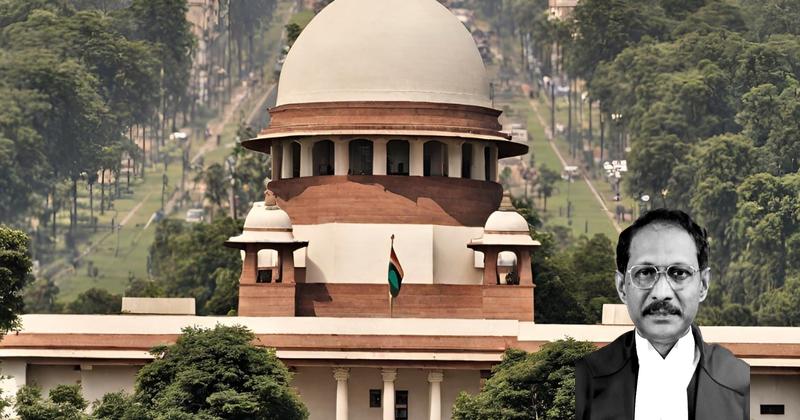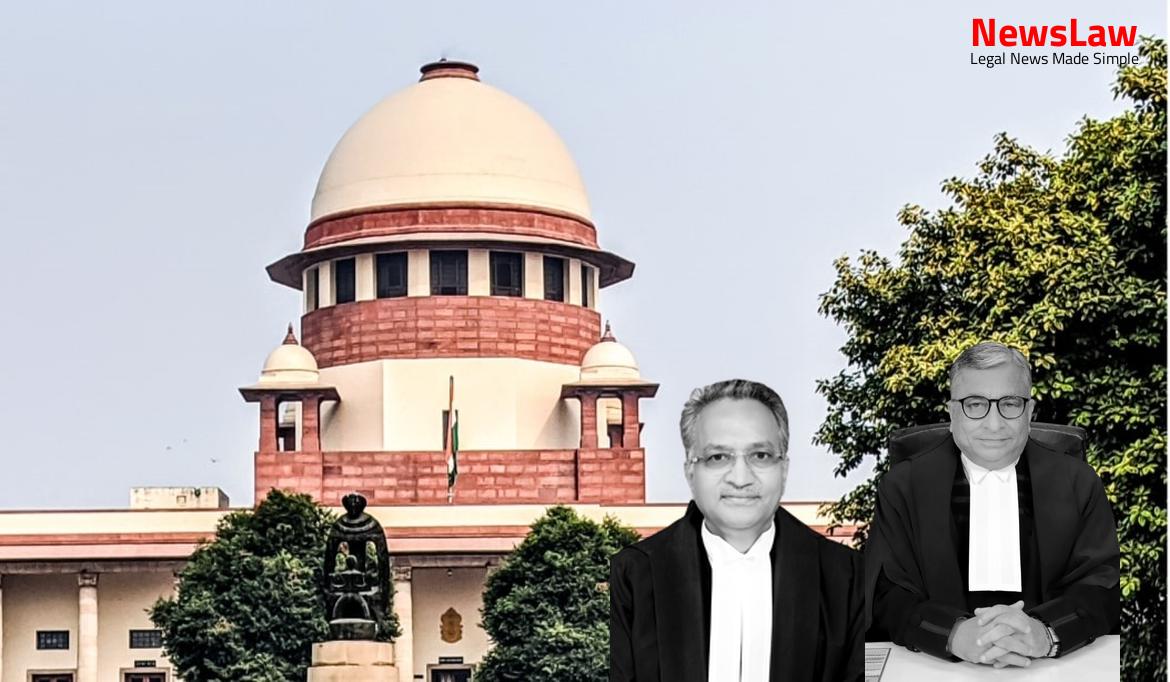The facts leading to the present appeal in a nutshell are as under: 2.1 That one Amtek Auto Limited (hereinafter referred to as Corporate Debtor) approached appellant nos. That thereafter pursuant to the resolution passed on 23.12.2015, the Corporate Debtor’s board of directors passed Board Resolutions whereby the board of directors paid security towards shares. 3 That on 02.11.2017 the appellant no.1 filed its claim as a secured creditor of the Corporate Debtor and submitted Form C claiming a principal amount of INR 500 crores. DVI withdrew its Resolution Plan so the revised plan by M/s LHG was considered by the Committee of Creditors (CoC) which approved the plan on 02.04.2018 with majority voting shares of 94.20%. This Court passed an order dated 08.06.2020 directing the Adjudicating Authority to decide the resolution plan and all pending applications and pass appropriate orders within 15 days. No.3606 of 2020 and Shri Shyam Divan, learned Senior Advocate has appeared on behalf of the appellant in C.A. 3.1 Learned Senior Counsel appearing on behalf of the appellants have vehemently submitted that in the facts and circumstances of the case the NCLT/NCLAT have materially erred in observing that the claim made by the appellant no.1 as a secured financial creditor was belated. 4 It is submitted that in the present case, the corporate insolvency resolution process (“CIRP”) commenced on 24.07.2017 and the present resolution plan (which as per the Adjudicating Authority’s order dated 09.07.2020) was submitted for voting by the CoC from 07.02.2020 to 11.02.2020; which was only approved by the Adjudicating Authority on 09.07.2020
i.e., almost 3 years since the start of the CIRP. In order to establish a direct debtor-creditor relationship, reliance is placed on the Board Resolution of Amtek Auto dated 13.06.2016; no objection certificate requested by Amtek Auto on 23.12.2015; no objection certificate requested by Amtek Auto on 26.03.2016 from IDBI; No objection certificate issued by IDBI Bank to Vistra ITCL etc. Shri Tushar Mehta, learned Solicitor General appearing on behalf of respondent no.2 has vehemently submitted that the appellant had filed its claim with the Resolution Professional on 02.11.2017 which was rejected and the same was duly reflected in the list of creditors published on the website of the Corporate Debtor.
It is submitted that therefore the appellant on 11.02.2020 had filed an application before the NCLT that too not in challenge to its claim rejection but for seeking admission into the CoC. 1 In Anuj Jain (supra), the issue was whether the lenders of Jaypee Associates Limited (JAL), the holding company of Jaypee Infratech Limited (JIL), the Corporate Debtor, hold the status of ‘financial creditors’ of JIL within the meaning of Section 5(7) of the Insolvency and Bankruptcy Code, 2016 read with expression ‘financial debt’ as defined in Section 5(8) of the Code. Highlighting and expounding the unique status of the financial creditors in the context of Corporate Insolvency Resolution Process under the Code, and that the legislature has assigned them a specific role to ensure that the Corporate Debtor is, if possible, revived, rejuvenated, and resuscitated, it was held that the financial creditors are the only stakeholders who would be obviously concerned and concomitant to the resurgence and restructuring of the Corporate Debtor.
2
In Phoenix ARC (supra), the Corporate Debtor, namely Doshion Veolia Water Solutions Private Limited (Doshion Veolia), had pledged 40,160 shares of Gondwana Engineers Limited as a security to L&T Infrastructure Finance Company Limited (L&T). The present is not a case where the corporate debtor has entered into a contract to perform the promise, or discharge the liability of borrower in case of his default. …..
The pledge agreement dated 10- 1-2012 does not contain any contract that the corporate debtor has contracted to perform the promise, or discharge the liability of the third person……. The words “guarantee” and “indemnity” as occurring in Section 5(8) (i) has not been defined in the Code. Axis Bank Ltd., (2020) 8 SCC 401] corporate debtor had created mortgage for the loan obtained by the parent Company and no benefit of such loan has been received by the corporate debtor whereas in the present case corporate debtor has been the direct and real beneficiary of the loan advanced by assignor to the parent Company of the corporate debtor.” The said reasoning does not appeal to us for the reason that the liability to repay the STL Facilities advanced to Brassco and WLD is that of the said companies, and that not of the Corporate Debtor – Amtek, even if the latter was, as per the terms of the Facility Agreement, the ultimate beneficiary of the amount disbursed through the STL Facilities.
It was submitted before us that the Amended and Restated Pledge Agreement dated 5.07.2016 between the corporate debtor – Amtek and the IL&FS Trust Company Limited, the predecessor- in-interest of the Appellant No 1 – Vistra (Pledge Agreement) inter alia provides that the Corporate Debtor – Amtek is the guarantor of the entire loan amount, for which reliance was placed upon clause 2.1.2 of the Pledge Agreement. Provided that the Pledgor shall not be required to pay to any Finance Party any amount in excess of the aggregate amount realized by the Trustee pursuant to an enforcement of the Security Interest over the Pledged Shares in accordance with the terms of this Pledge Agreement.” ( Emphasis supplied ) 1
Similarly, reliance has also been placed by the Corporate Debtor – Amtek on certain communications issued by the IDBI Bank, the lead bank of the Joint Lenders Forum, which now constitutes the majority of the CoC of the corporate debtor – Amtek, permitting the pledge of shares etc. It was clear and understood by the financial creditors of the corporate debtor – Amtek that the corporate debtor – Amtek is not to bear any additional financial liability by a security or charge of its assets for the STL Facilities, and the loans were being procured and taken by Brassco and WLD from the Appellant Nos.
The person is whose favour the security interest is created need not be the creditor who avails the credit facility, and can be a third person. As per Section 151, a bailee is bound to take as much care of the goods bailed to him as a man of ordinary prudence would, under similar circumstances, take of his goods of the same bulk, quality and value as the goods bailed. [ Section 155, Contract Act.]
However, if the bailee, without the bailor’s consent, mixes the bailed goods with his own, and the goods can be separated or divided, the property in the goods remain with the parties respectively. As per Section 163, in the absence of any contract to the contrary, the bailee is bound to deliver to the bailor, or in accordance with his directions, any increase or profit that may accrue from the goods bailed. As per Section 176, when a pawnor makes a default in payment of debt or performance of a promise, the pawnee may bring a suit against the pawnor upon such debt or promise and retain the goods pledged as collateral security, or he may sell the goods pledged upon giving the pawnor reasonable notice of the sale. Section 179 states that the limited interest that a pawnor has in the goods can be validly pledged.” 2 The law of pledge contemplates special rights for the pawnee in the goods pledged, i.e., the right to possession of the security, and in case of default, the right to bring a suit against the pawnor, as well as the right to sell the goods after giving reasonable notice to the pawnor. Revisiting this issue is important, as Anuj Jain (supra) had interpreted the provisions as they existed prior to substitutions of several provisions of the Code by Act No 26 of 2018 with retrospective effect from 6.06.2018 and Act No 26 of 2019 with effect from 16.08.2019.
— (2) The resolution professional shall examine each resolution plan received by him to confirm that each resolution plan — (a) provides for the payment of insolvency process costs in a manner specified by the Board in priority to the payment of other debts of the corporate debtor; (b) provides for the payment of debts of operational creditors in such manner as may be specified by the Board which shall not be less than— (i) the amount to be paid to such creditors in the event of a liquidation of the corporate debtor under Section 53; or (ii) the amount that would have been paid to such creditors, if the amount to be distributed under the resolution plan had been distributed in accordance with the order of priority in sub-section (1) of Section 53, whichever is higher, and provides for the payment of debts of financial creditors, who do not vote in favour of the resolution plan, in such manner as may be specified by the Board, which shall not be less than the amount to be paid to such creditors in accordance with sub-section (1) of Section 53 in the event of a liquidation of the corporate debtor. Explanation 2.—For
the purposes of this clause, it is hereby declared that on and from the date of commencement of the Insolvency and Bankruptcy Code (Amendment) Act, 2019, the provisions of this clause shall also apply to the corporate insolvency resolution process of a corporate debtor— (i) where a resolution plan has not been approved or rejected by the Adjudicating Authority; (ii) where an appeal has been preferred under Section 61 or Section 62 or such an appeal is not time barred under any provision of law for the time being in force; or (iii) where a legal proceeding has been initiated in any court against the decision of the Adjudicating Authority in respect of a resolution plan; (c) provides for the management of the affairs of the corporate debtor after approval of the resolution plan; (d) the implementation and supervision of the resolution plan; (e) does not contravene any provisions of the law for the time being in force; (f) conforms to such other requirements as may be specified by the Board. The amended provision also provides that the financial creditors who have not voted in favour of the resolution plan shall be paid not less than the amount which would be paid to them in accordance with sub- section (1) to Section 53 of the Code, in the event of liquidation of the corporate debtor. 2 It is also the mandate of Section 31 of the Code that the adjudicating authority should be satisfied that the resolution plan, as approved by the CoC under sub-section (4) of Section 30 meets with the requirement as referred to in sub-section (2) of Section 30. 4
It is in this context that the Appellant No 1 – Vistra submits that the resolution plan in question does not meet the requirements of the Code, as it extinguishes and vaporises the pledge created in favour of the Appellant No 1 – Vistra, and thereby, Appellant No 1 – Vistra, a secured creditor, viz, the pledged shares, is left remediless and worse off than the dissenting financial creditors, or even the operational creditors. In terms of Section 52 of the Code, a secured creditor in liquidation proceedings has the right to relinquish its security interest to the liquidation estate and receive proceeds from the sale of assets by the liquidator in the manner specified under Section 53 of the Code. As per Section 52(9) of the Code, where the proceeds on realisation of secured assets are not adequate to repay the debts due to the secured creditors who have exercised the option to realise the security interest, the unpaid dues of such secured creditors are to be paid by the liquidator in terms of clause (e) of sub-section (1) of Section 53 of the Code. In other words, we give the option to the successful resolution applicant – DVI (Deccan Value Investors) to treat the Appellant No.1 – Vistra as a secured creditor, who will be entitled to retain the security interest in the pledged shares, and in terms thereof, would be entitled to retain the security proceeds on the sale of the said pledged shares under Section 52 of the Code read with Rule 21-A of the Liquidation Process Regulations.
Case Title: M/S VISTRA ITCL (INDIA) LIMITED Vs. DINKAR VENKATASUBRAMANIAN (2023 INSC 500)
Case Number: C.A. No.-003606 / 2020



